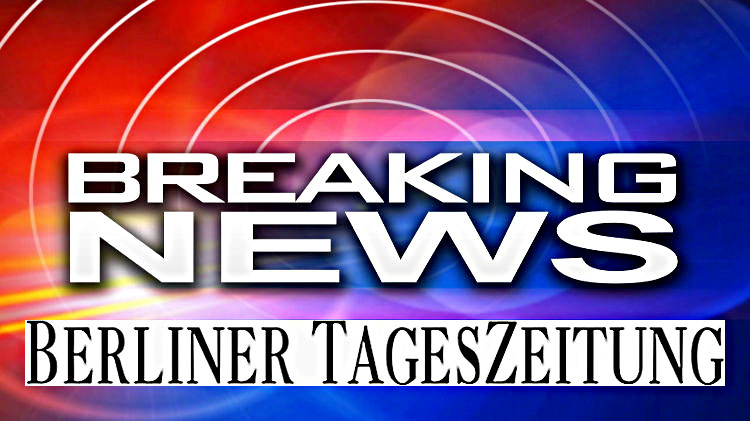
Russia, US clash at UN over Ukraine crisis

Russia and the United States clashed over Ukraine at the UN Security Council Monday, with Moscow's representative accusing Washington of whipping up hysteria over the 100,000 Russian troops massed on its neighbor's borders.
Tensions soared as US Ambassador Linda Thomas-Greenfield told the Council that Russia is planning to increase its troop numbers in Belarus six-fold in the coming days.
"We've seen evidence that Russia intends to expand that presence to more than 30,000 troops near the Belarus-Ukraine border, less than two hours north of Kyiv by early February," said Thomas-Greenfield.
"If Russia further invades Ukraine, none of us will be able to say we didn't see it coming, and the consequences will be horrific."
But Russia's ambassador to the UN Vassily Nebenzia rejected the allegations and said Washington was engaging "in hysterics" by calling the Council meeting on Ukraine.
He said no Russian official had threatened to invade the former Soviet republic and that Ukrainians were being "brainwashed" by the "Russiaphobia" of the West.
The United States is "whipping up tensions and rhetoric and provoking escalation," Nebenzia said.
"The discussions about a threat of war is provocative in and of itself. You are almost calling for this, you want it to happen," he charged.
- Biden warning -
Russia has repeatedly denied it poses a threat to Ukraine, while demanding guarantees that Kyiv will not join the US-led NATO alliance and that the United States will not establish new military bases in ex-Soviet countries.
In the wake of the UN clash and with no sign of a detente, US Secretary of State Antony Blinken is preparing for fresh talks Tuesday with Russian counterpart Sergei Lavrov.
US President Joe Biden warned again Monday that Russia would face harsh reprisals unless Moscow demonstrated openness to a diplomatic solution.
"If instead Russia chooses to walk away from diplomacy and attack Ukraine, Russia will bear the responsibility, and it will face swift and severe consequences," Biden said.
Russia found little support on the 15-member Council as it pushed back against allegations its troop presence on the Ukraine border was an implicit threat.
It had tried to block the meeting from taking place, but ten members voted to proceed with debate and three abstained, leaving Moscow isolated.
"This is the largest... mobilization of troops in Europe in decades," Thomas-Greenfield said.
"And as we speak, Russia is sending even more forces and arms to join them."
Ukraine's ambassador to the UN, Sergiy Kyslytsya, called for de-escalation so talks can resume over the conflict already ongoing inside Ukraine with pro-Moscow secessionists in the eastern Donbass region.
"My president has re-iterated most recently that he's ready to meet his Russian counterpart," Kyslytsya told the Council.
"If Russia has any questions to Ukraine, it is better to meet and talk, not to bring troops to the Ukrainian borders and intimidate Ukrainian people," he said.
"For Ukraine, the first priority today is to achieve a sustainable and unconditional ceasefire in Donbass."
- Britain toughens sanctions threat -
But NATO Secretary-General Jens Stoltenberg said Russia was still boosting its forces menacing Ukraine.
"We are describing the facts and realities, that Russia's military buildup is unexplained and unjustified," Stoltenberg told The Washington Post.
"So it's for Russia to explain, for Russia to de-escalate. And for Russia to engage in a serious political dialogue with NATO," he said.
Meanwhile, Britain announced a new legal framework Monday that would allow harsher sanctions on Moscow if it attacks Ukraine.
"This will be the toughest sanctions regime against Russia we've ever had," Foreign Secretary Liz Truss told parliament.
The Kremlin denounced Britain's move as an "undisguised attack on business," charging that "the Anglo-Saxons are massively ramping up tensions on the European continent."
Analysts say an array of sanctions hitting Russian banks and financial institutions would not only affect daily life throughout Russia but could roil major economies in Europe and elsewhere.
T. Jones--BTZ

 London
London

 Manchester
Manchester
 Glasgow
Glasgow
 Dublin
Dublin
 Belfast
Belfast
 Washington
Washington
 Denver
Denver
 Atlanta
Atlanta
 Dallas
Dallas
 Houston Texas
Houston Texas
 New Orleans
New Orleans
 El Paso
El Paso
 Phoenix
Phoenix
 Los Angeles
Los Angeles

